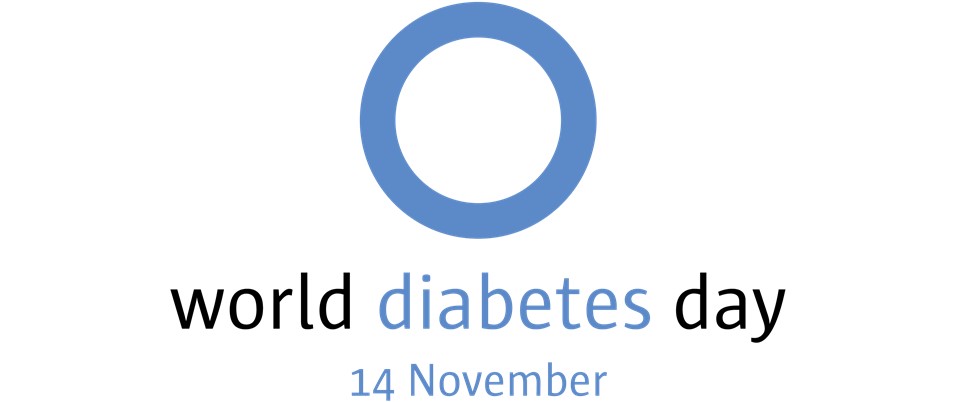World Diabetes Day 2020: diabetes-specific formulas aid patient recovery
Diabetes is a growing global health concern, with the prevalence of the disease among adults rising from 4.7% to 9.1% over the past 30 years. In 2019, this represented an estimated 463 million adults around the world (expected to rise to 578 million by 2030) and caused 4.2 million deaths, costing over $760 billion in health expenditure.
For hospitalised patients with diabetes, poor glycaemic control is common. This increases the risk of perioperative infection, extends their length of stay and carries a greater risk of mortality. Addressing poor glucose control, thus, improves patient outcomes and cuts the cost of care.
The American Diabetes Association has defined two key goals for nutrition therapy of hospitalised patients: to optimise glycaemic control and provide adequate nutrients to meet metabolic demands.
Diabetes-specific formulas (DSFs) are a category of foods for special medical purposes designed to meet these objectives by not only supporting the metabolic nutritional requirements of a standard formula, but also minimising glycaemic response. DSFs are also endorsed by the European Society for Clinical Nutrition and Metabolism (ESPEN) for the nutritional support of people with obesity and diabetes.
Based on the evidence of clinical, health and economic outcomes, DSFs improve patient outcomes and cut the cost of care by:
- Improving glucose levels and reducing glycaemic variability
- Reducing the risk of hypoglycaemia, and blunting the hyperglycaemia of stress-related metabolism
- Reducing insulin requirements
- Reducing length of stay, which leads to a reduction in total cost
Therefore, ISDI endorses the use of DSFs as a safe, efficacious and cost-effective strategy to support the management of hospitalised patients with, or at risk of, poor glucose control.
Read our position statement on Diabetes-Specific Formulas
Download the press release

